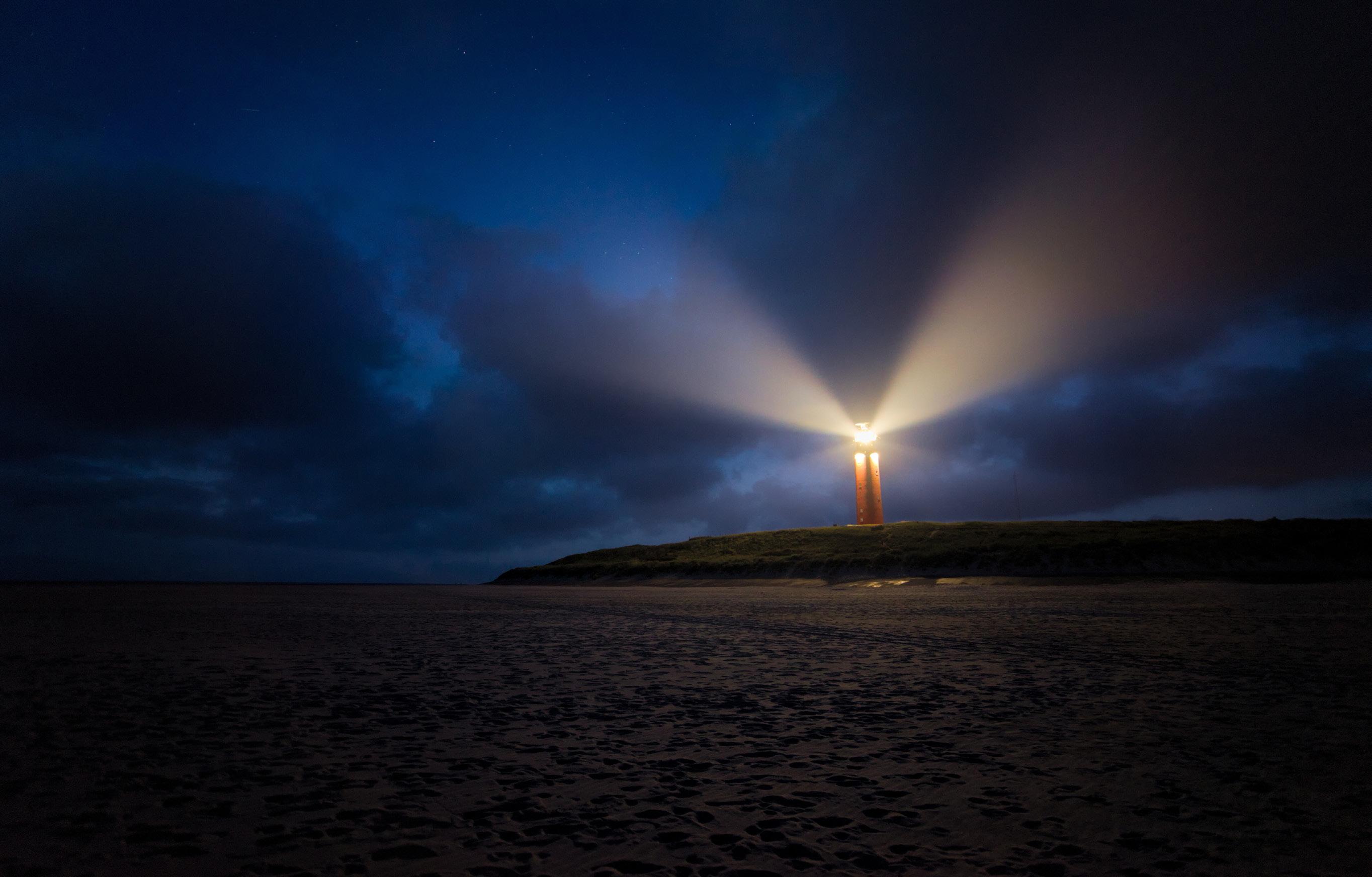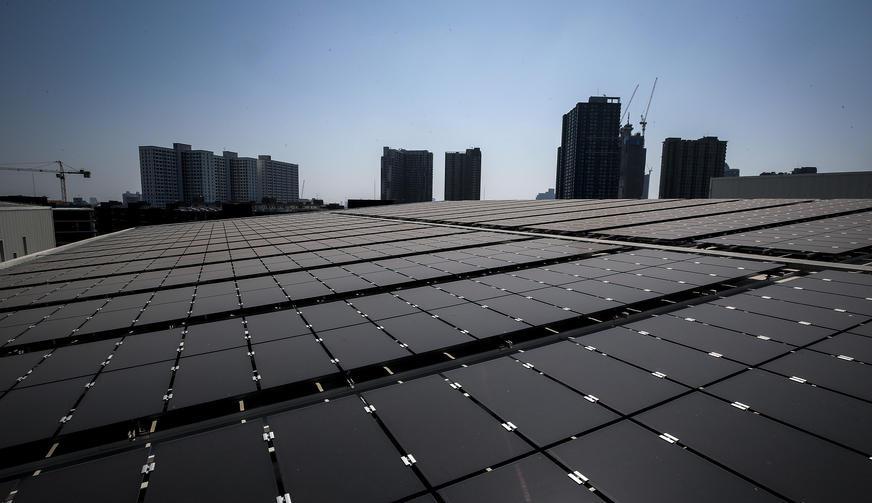
2 minute read
Editorial
Corporate DispatchPro
Editorial
Sustainability in practice
Every event now is a global event, as 2020 has made amply clear: from the Wirecard bust to the Libyan conflict, from the Black Lives Matter movement to, most obviously, the coronavirus pandemic. Actions that take place in the remotest of locations, inevitably tug at a network of strings that stretches the world over.
No matter how high isolationist governments try to build their figurative – and non-figurative – boundary walls, issues are becoming increasingly global. At the very top of that pile, sits the climate challenge as temperatures continue to rise at an uncontrollable rate destabilising the delicate worldwide ecosystem that sustains life on earth.
It is of little surprise that ‘sustainability’ has become a keyword in practically every field of human activity in recent years, whether policymaking, business, or activism. The private sector, in particular, has been instrumental in promoting the standard term which, although advocated for by every industry, it remains for the most part an elusive concept.
If they lack the philosophical stamina to neatly describe the tenor of sustainability, companies have a more important role in defining what it means in practice. Together with the scientific community and political leaders, entrepreneurs are the determinant factors in achieving a sustainable transformation in societies.
The EU Green Deal launched late last year is perhaps the best confirmation of the role of business in the rebalancing of shared priorities to reach the complex targets of social and ecological justice. The daring strategy by the European Commission is the most comprehensive and concrete commitment to sustainability anywhere in the world right now. At the heart of it, is enterprise.
YOUR PURPOSE IS YOUR BIGGEST ASSET




Corporate DispatchPro

The executive branch of the EU lays out a vision for a better, fairer, healthier Union built on innovation and economic growth. Certainly, businesses cannot drive the change on their own. Governments and institutions are needed to smoothen the bureaucratic rough edges; academia and researchers are irreplaceable in revealing new possibilities; civic society has a crucial function in setting social standards.
But the EU Green Deal is revolutionary in turning the ingenuity, foresight, and self-confidence of the commercial sector, long berated as a cause for ecological degradation, into the linchpin of Europe’s environmental revival project.
The business community has been given a rare invitation to join the public arena usually reserved for politicians, NGOs, and other not-for-profit bodies. For the sake of this generation and the ones following, it must not be turned down.

JESMOND SALIBA





